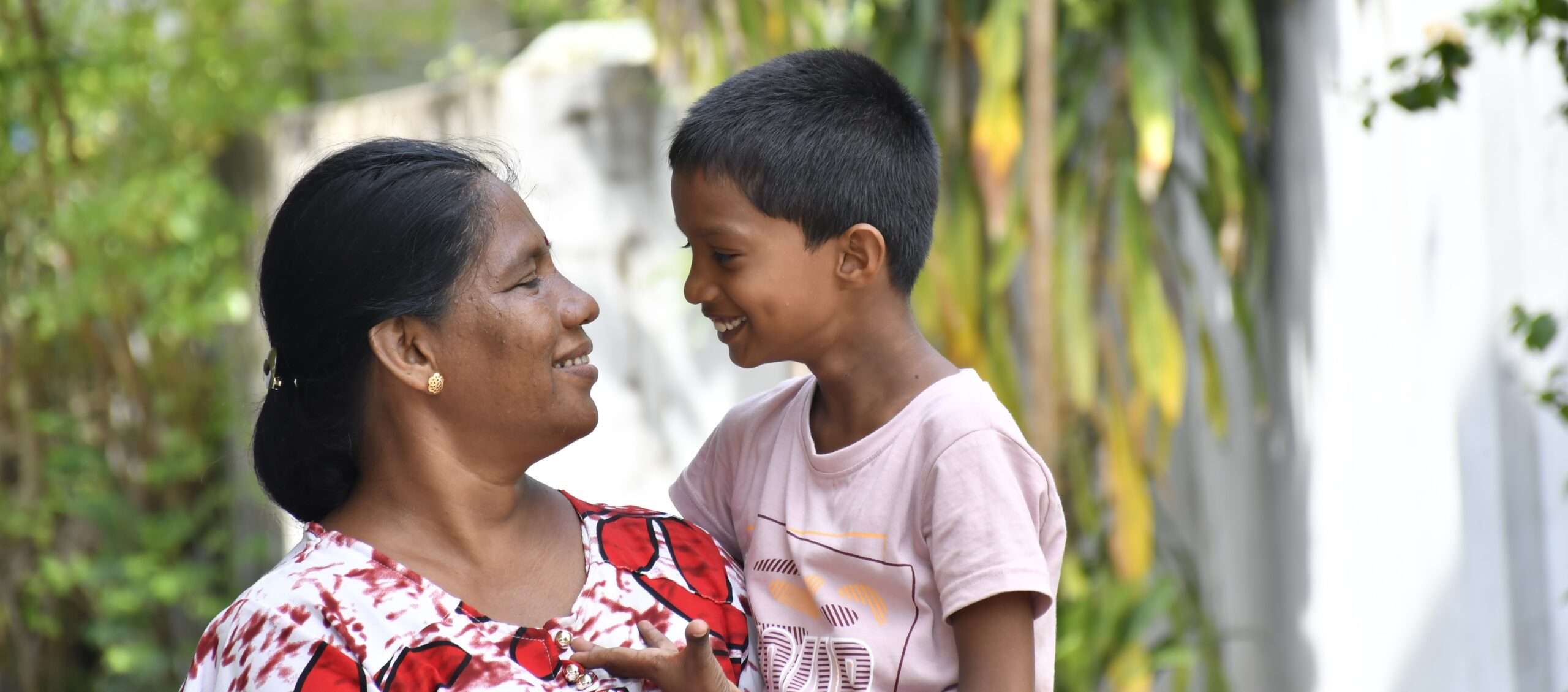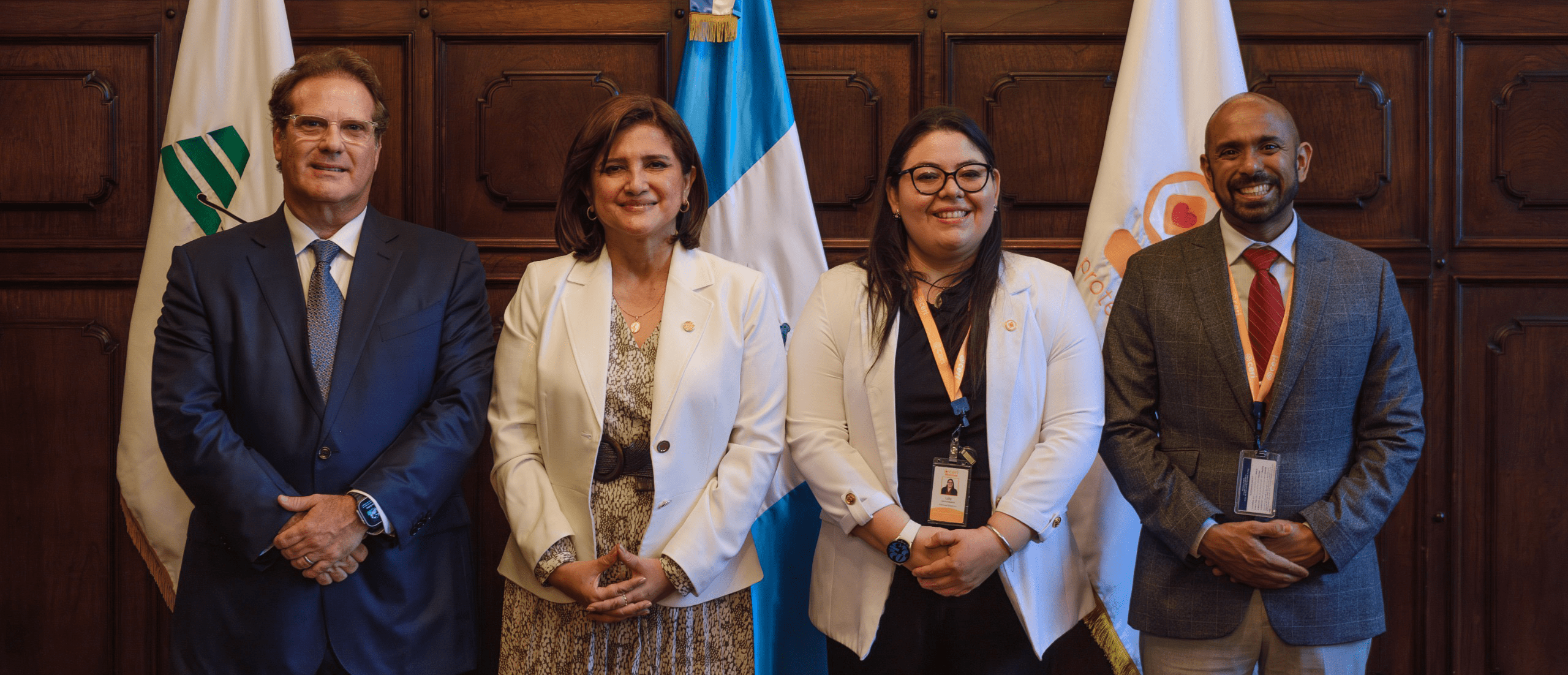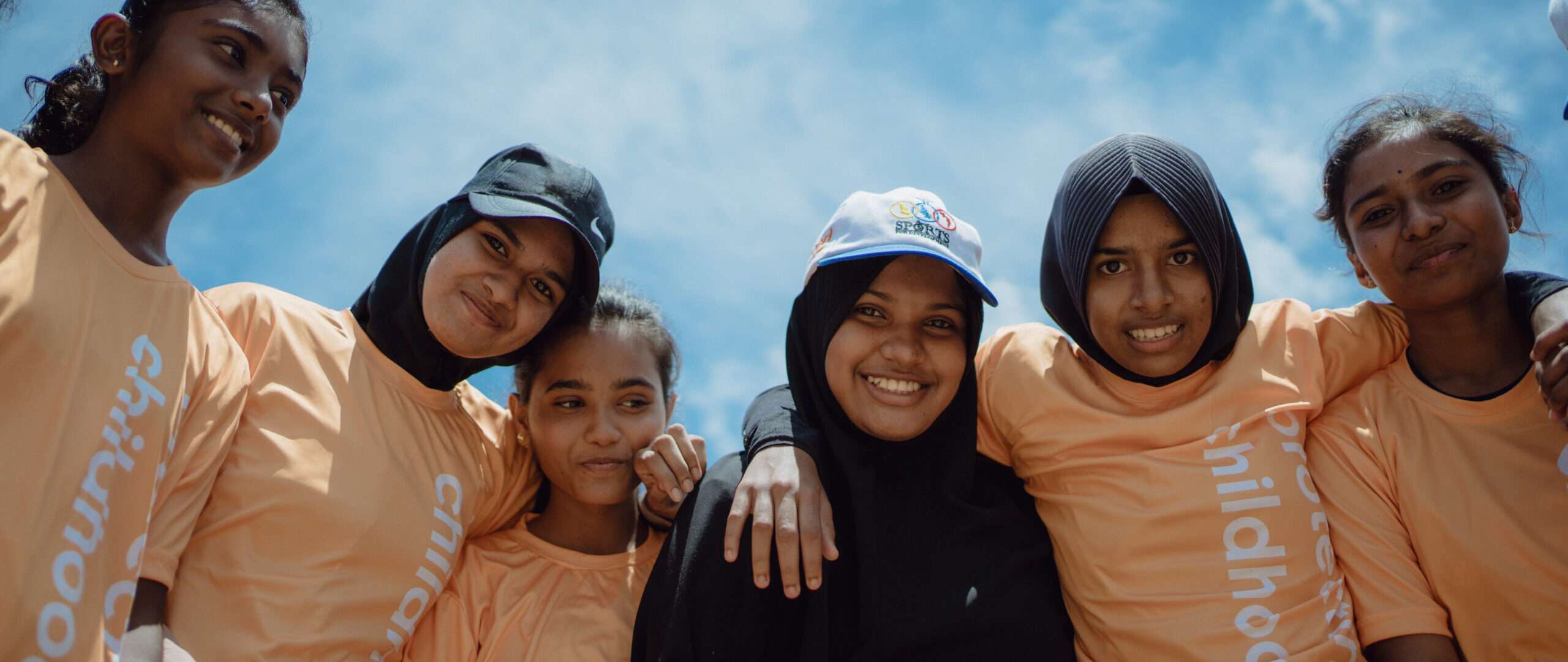Two years ago, Dr. Jon Meyer took a leap of faith and packed his bags for an unprecedented assignment in the former Soviet block nation of Moldova. With a Ph. D. in Social Work and as senior advisor for BCFS’ overseas division, Children’s Emergency Relief International (CERI), he would serve as a consultant to the Moldovan government, developing guidelines for supervising the country’s first group of professional social workers.
What led you to this project?
Years ago when I was in school, I attended a worship service where I committed my life to serving God as a foreign missionary. At the time, I thought I would go the traditional route by attending seminary and applying to some type of missions organization. Turns out, God had a different plan.
I guess I’ve always been an adventurous person. When this opportunity came about, the timing seemed to be right for me on a personal level and CERI was open to it, so I jumped in. We had a plan of what I would do in Moldova, but we also recognized that we were taking on uncharted territory working with a foreign, communist government. It was a total faith thing.
What did you set out to accomplish?
Working with youth aging out of the government-run orphanages was one of Dr. Meyer’s most impactful experiences in Moldova.
My role as a consultant to the Moldovan Ministry of Social Protection was to develop a model for supervising social workers throughout the country. This was a unique project because the profession of social work in Moldova is still in its infancy. I learned about the entrenched poverty of Moldavians as well as the difficult work environment for social workers by visiting numerous villages across the country.
I also got to make home visits to assess families as part of the government’s effort to decrease the number of children living in orphanages. I also did a lot of work with CERI’s national staff, developing standards based on U.S. models that will make our work with young adults transitioning out of orphanages and into life on their own more effective.
Were you successful in your mission?
Yes, in that I think my work laid a good foundation for social work supervision upon which the country can build. At the end of my project, I produced a comprehensive model that guides the supervision of social workers at the regional and village levels. Bringing about change in Moldova at a national level was difficult though due to a number of political and cultural barriers. Many of those barriers stemmed from the government’s communist mindset. Therefore, I think my model would be most effective implemented at the local level as a step-by-step, how-to guide. There are many children in Moldova living in troubled environments, so I pray this model will ultimately help give social workers the hands-on guidance they need to effectively address many social problems impacting children and families.
What did you find to be the biggest challenge during your assignment?
Without a doubt, communication was really challenging. Luckily, CERI helped me by providing a translator. This wasn’t a real silver bullet though, especially when we were trying to talk about industry-specific issues. Because the translators were not familiar with social work, there were some points that didn’t get delivered with their full impact. Purchasing food at a local grocery store was at times tough too; especially when products didn’t have pictures to show what they were. Fortunately, like I said before, I’m adventurous.
Did the various barriers prevent you from feeling settled in Moldova?
Not really. Our CERI national staff did a fantastic job finding me an ideal apartment to live in, close to everything I needed in downtown Chisinau.
I also found a spiritual home through helping out at a rural Baptist church in Calarasi, and establishing a new church in the city. I grew very close to the pastor of the Chisinau church and spent every Sunday with him and his family. It was a real blessing.
Any final thoughts?
The two years I spent in Moldova were unlike anything I’d ever experienced before. I had my share of challenges, but at the end of the day, I am hopeful that my work will help the country’s first professional social workers provide safe, quality services for the thousands of children who need their help. The whole experience was a blessing.
Since returning home to the United States, Dr. Meyer has accepted the role as an evaluator for BCFS’ Community-Based Services Division. He is presently working on evaluation and research projects aimed at abstinence and teen pregnancy prevention.






